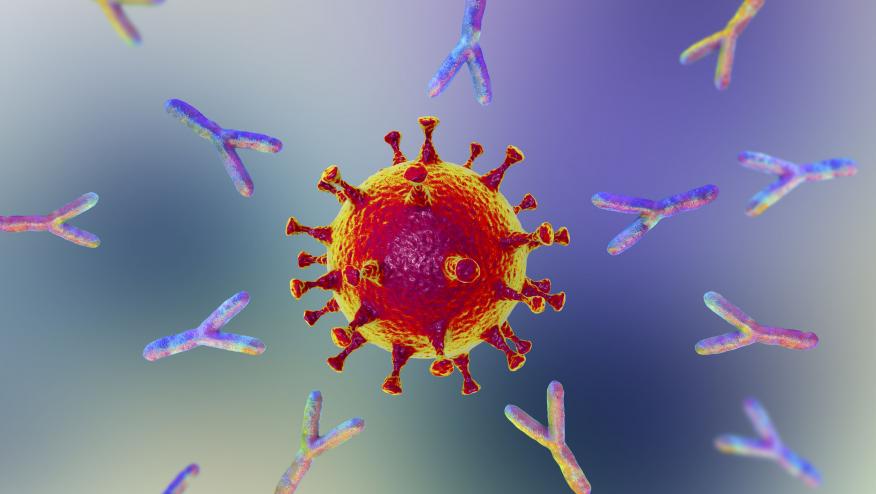Is It OK to Continue TNF Inhibitors with COVID-19 Infection? Save

Registry level data of patients with immune-mediated inflammatory diseases (IMIDs) diagnosed with COVID-19 should continue their TNF inhibitor (TNFi) therapy as such patients were less likely to experience adverse COVID-19 outcomes (compared to other immunomodulatory treatments).
Patient data was drawn from 3 international COVID-19 registries comprising individuals with rheumatic diseases, inflammatory bowel disease, and psoriasis (March 2020 to February 2021). The cohort included IMID patients diagnosed with COVID-19 and were taking TNF inhibitors in combination with azathioprine/6-mercaptopurine therapy, methotrexate monotherapy, azathioprine/6-mercaptopurine monotherapy, or Janus kinase inhibitor monotherapy. Poor COVID outcomes included COVID-19–associated hospitalization or death.
A total of 6077 IMID patients were analyzed; 59% female, with a mean age of 49 years. The cohort included 35% RA, 25% Crohns disease and 1297 patients (21.3%) were hospitalized, and 189 patients (3.1%) died.
Compared with patients on TNF inhibitor monotherapy hospitalization or death rates were:
- TNF inhibitor with azathioprine/6-mercaptopurine therapy: OR 1.74; (1.17-2.58); P = .006
- Azathioprine/6-mercaptopurine monotherapy: OR 1.84; 95% CI, 1.30-2.61; P = .001
- Methotrexate monotherapy: OR, 2.00; 95% CI, 1.57-2.56; P < .001
- Jak inhibitor monotherapy: OR, 1.82; 95% CI, 1.21-2.73; P = .004
- TNF inhibitor in combination with methotrexate therapy: OR, 1.18; 95% CI, 0.85-1.63; P = .33
TNF inhibitor monotherapy (and TNFi plus MTX) had a lower risk of poor COVID-19 outcomes compared with other commonly prescribed DMARD and immunomodulatory treatment regimens in IMID patients. It appears prudent to continue TNFi therapy with COVID-19 infection. The same cannot be said for JAK inhibitors and thiopruine (AZA/6MP) agents that had a significantly great risk of hospitalization or death in COVID infected IMID patients.
Join The Discussion
This doesn’t seem to answer the question about whether or not we should continue TNFi with a known COVID infection but rather that TNFI’s doesn’t appear to be a risk factor for severe disease.










If you are a health practitioner, you may Login/Register to comment.
Due to the nature of these comment forums, only health practitioners are allowed to comment at this time.